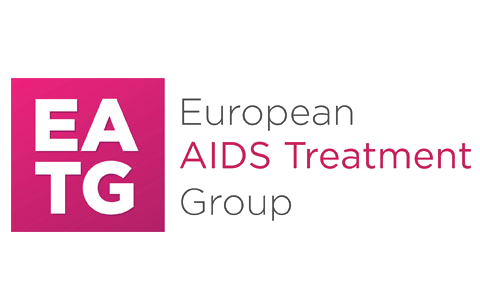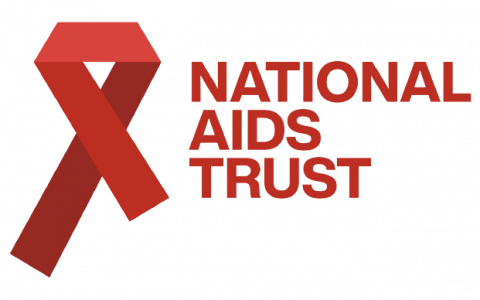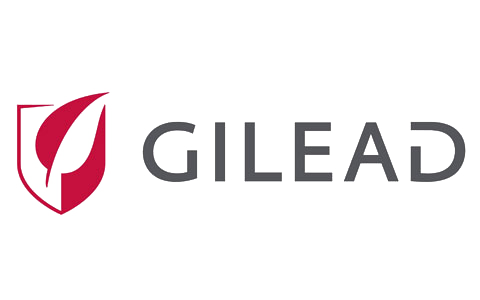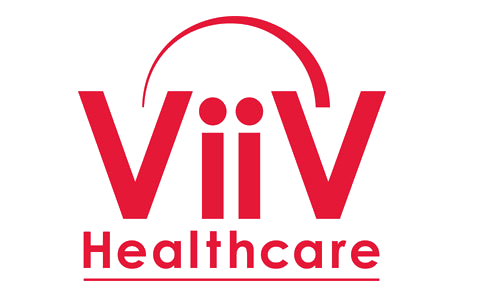
Case Study
Italy – Ageing Clinics
-
Context
The most recent therapeutic solutions, particularly the introduction of anti-retroviral therapies (ART), have transformed HIV/AIDS from a fatal viral disease to a manageable chronic condition. Life expectancy in people with HIV (PWH) now has the potential to match that of the general population. Moreover, diagnosis of HIV infection in adults has increased over the years.
However, HIV can accelerate the ageing process, due to HIV-related chronic inflammations and the cumulative effects of pharmacological treatments.
Healthcare professionals involved in HIV care should adopt an approach that takes account of the associated frailty and disability as well as the increased risk of developing comorbidities. This approach should focus on the Health-related quality of life (HRQoL) of Older Adults with HIV (OALWH).
-
Introduction
In Italy, as in other European countries, Ageing Clinics have been established in a number of healthcare facilities to target the specific needs of OALWH. These clinics provide a multi-disciplinary health service with a mission of addressing comorbidities and complications associated with HIV/AIDS and/or antiretroviral therapy (ART) use in OALWH.
-
Aims
From an HIV/AIDS perspective, the aim of Aging Clinics is to ensure that OALWH receive integrated and holistic treatment. A multidisciplinary staff of infectious disease specialists, cardiologists, diabetologists, nephrologists, orthopaedists, oncologists, neuropsychologists, nutritionists and occupational therapists evaluate patients’ anthropometric, immune-metabolic and physical functions as well as any cognitive impairment combining clinical practice with educational interventions on lifestyle (i.e. exercise and nutrition) with the aim of ensuring healthy ageing in PWH.
-
Method
The patient is at the centre and all services are coordinated to offer a multidisciplinary assessment in a single access. In the Modena Metabolic Clinic, the most relevant experience of this kind at this concern in Italy, all patients, over 50, are subjected to a “comprehensive Geriatric assessment (CGA)” which allows to evaluate not only HIV and related co-morbidities, but also the problems related to age and frailty and the vulnerability of individuals and the risk of developing disabilities. The CGA is feasible thanks to a strong integration between support services and research and the presence of dedicated professionals such as occupational therapists, neuropsychologists, dieticians and a “health coach” that is a nurse specialised in promoting lifestyles. The path deals not only with the disease, but above all with the health of PWH, measuring the evolution to ageing through health indicators based on the WHO model.
Access to Ageing Clinics is free for all PWH; patients do not need a NHS prescription from their general practitioner. This service is organised by infectious disease units, with each patient managed by a multi-disciplinary team of clinicians focusing on the health status of OALWH.
In addition to the routine blood test, OALWH attending Ageing Clinics undergo a number of additional tests (e.g. DXA, abdominal and thoracic CT, IMT). This information is then used by the infectious disease specialists to help personalise lifestyle interventions, optimise treatment for non-infectious comorbidities, manage polypharmacy and, perhaps most importantly, optimise anti-retroviral treatment.
-
Results
Experience with OALWH has shown that access to Ageing Clinics improves quality of life and makes an important contribution in mitigating the harm and side effects of both HIV and/or ageing.
In particular:
- Screening programmes have allowed serious diseases (particularly cancers) in PWH to be detected earlier
- Where a patient is the subject of multiple treatment regimens for different diseases, comprehensive information on the patient’s current state of health allows healthcare professionals to evaluate potential changes to medicines to avoid the risk of any drug/drug interaction and manage potential inappropriate prescriptions
- Ageing Clinics have improved the relationship between patients and their healthcare professionals, particularly where OALWH had not previously visited infectious disease units on a regular basis.
The Modena Metabolic Clinic has been active since 2003 and since then 5,500 patients have been evaluated, 2,500 of whom have been treated. The results observed from the point of view of quality of life and social inclusion are important, and they were presented in 2022 to the European Parliament in Brussels as part of the HIV Outcomes initiatives.
The prospective description of the prevalence and incidence of specific health conditions of elderly people with HIV traces the patient’s biological ageing trajectory by providing individual clinical information, but also general epidemiological information on care needs of patients with HIV disease.
The metabolic clinic is currently carrying out a study aimed at validating a “virtual metabolic clinic” to offer specific support services to infectious disease clinics in Italy.
-
Recommendations
Ageing Clinics are not uniformly spread across the country. An important short-term goal should be to replicate this practice by establishing new metabolic care networks in those infectious diseases units that do not currently offer them. The work of Ageing Clinics should be undertaken in close coordination with the clinics where patients receive their ART, beginning with the introduction of CGA for OALWH having HIV for a long time and with the implementation of multidisciplinary staff.







